From the outset, let it be clear we applaud the great job that the government and their team of advisors are doing and we fully trust the decisions they have made to date.
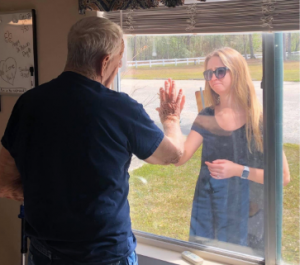
In the NZ Herald on March 6th we met the Pandemic Influenza Technical Advisory Group (PITAG) of 11 experts from the Ministry of Health. This is a group of people with a wealth of scientific and public health expertise. The government has done the right thing, to assemble a group of advisors to inform their decision-making, and we do not wish to criticise them at all. However, our wondering is, where are the social scientists? Could they play a role in enhancing our government’s response to this challenge facing our society?
James Surowiecki’s seminal book, The Wisdom of Crowds articulates the powerful message, that, “Under the right circumstances, groups are remarkably intelligent, and are often smarter than the smartest people in them”. The right circumstances, he argues, include the make-up of the group. Two key conditions for groups to make smart decisions are diversity and independence of thinking. Surowiecki shows us the difference between an expert group and a group of experts. That is, a group with expertise in a particular field versus a group with expertise from diverse backgrounds.
We would argue that what we have at present is an expert group. PITAG contains Health officers, microbiologists, virologist, experts in infectious and respiratory disease and epidemiology. These people are doing a wonderful job of advising on the impact of the disease, how it is likely to behave in a population of people and what can be done to limit or prevent it’s spread.
Perhaps though, we also need experts in how the people in the population are likely to behave? Social scientists, psychologists and those who study innovation and change could add the diversity of perspectives and independence of thought that would help the decision-making to be even better. Their input could also aid community buy-in and help avoid some of the wide range of negative behaviours from panic buying to refusing to isolate.
Another reason for including these people in an advisory group is to help mitigate the emotional and psychological impact. Every one of us will be experiencing a degree of disequilibrium right now, some worse than others, and it is likely to get worse. Whilst our circle of concern is increasing, our circle of control is decreasing. This means we feel less in charge of our own destiny. It seems obvious we will start to see an increasing incidence of anxiety, depression and other related issues. “Take care of yourself and others” are great words of advice however, we will need practical guidance and support driven by pro-active decision-making to look after our community mental health and wellbeing as this pandemic plays out.
The PITAG have presumably been publicised to generate trust, give us confidence and reassurance. Personally we would feel more reassured if we knew there were also experts in social science and other disciplines, on the team.
Kia Kaha
The Bats Team

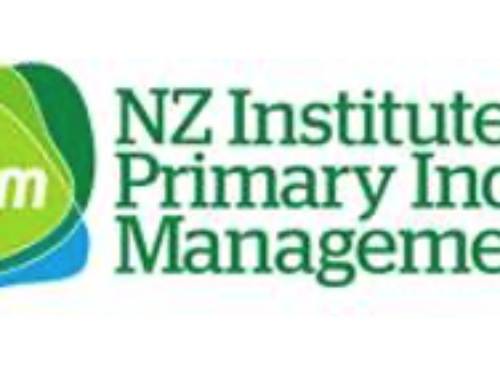
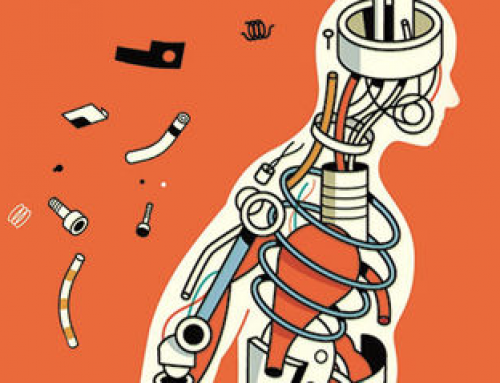

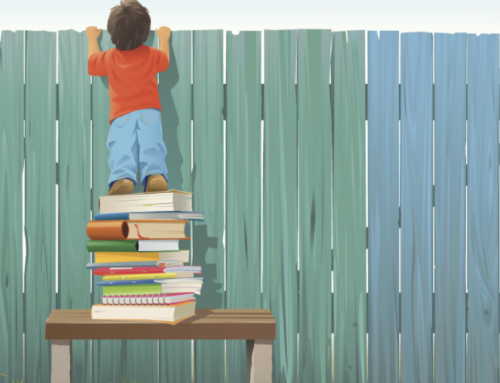
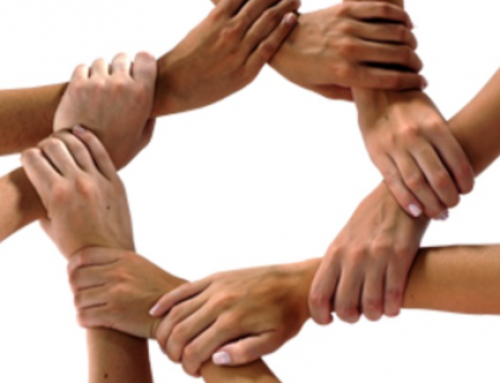
Leave A Comment